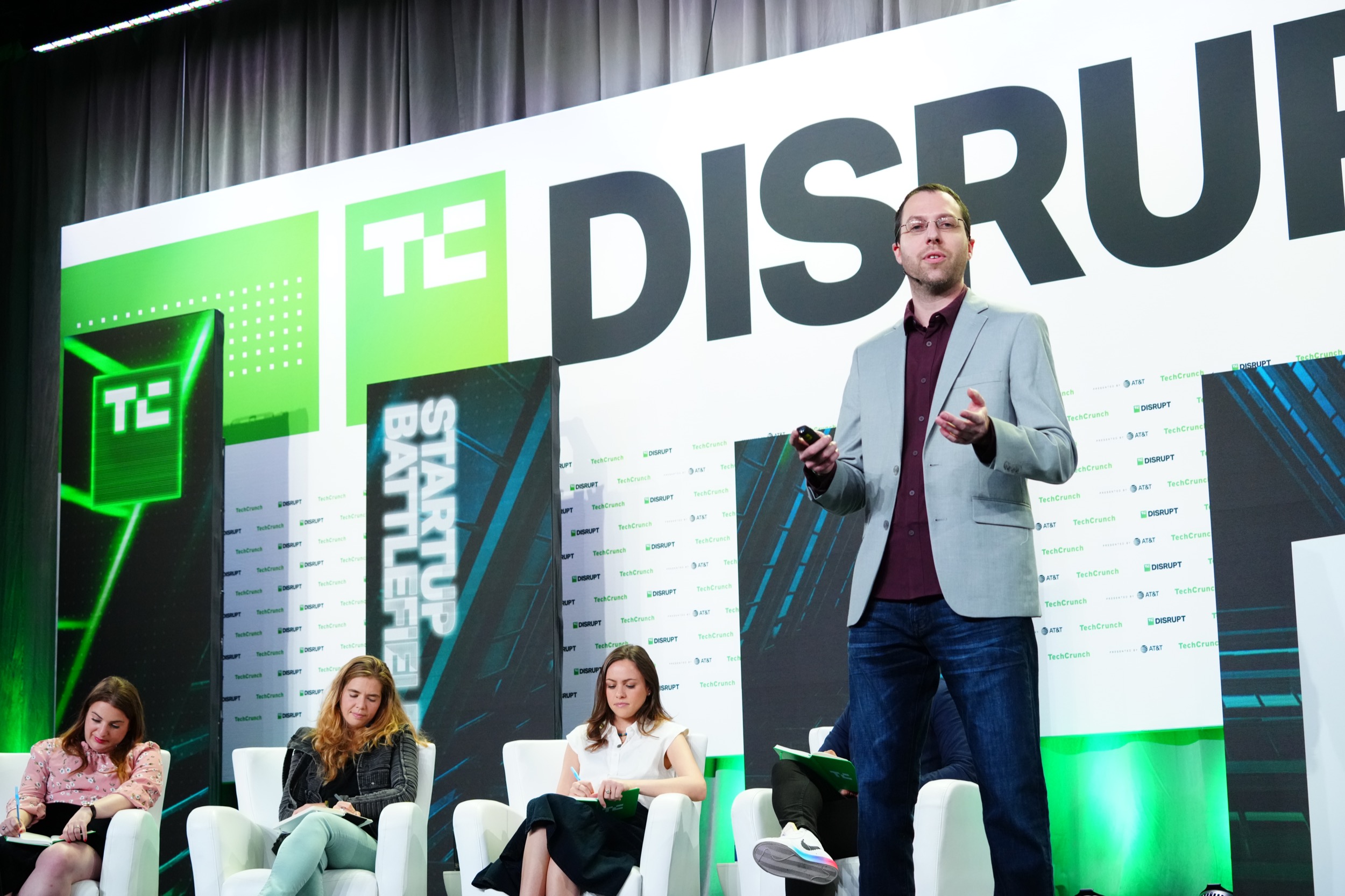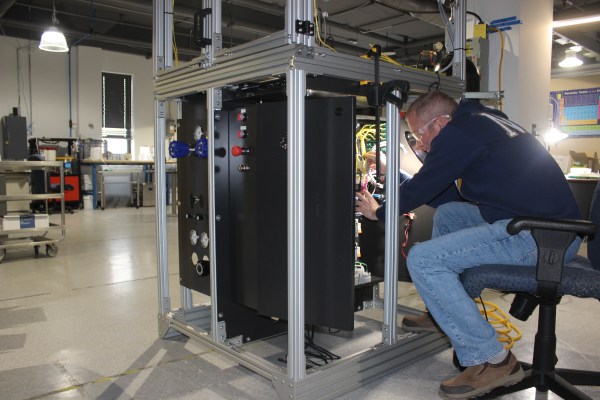Advanced Ionics, a climate-tech startup that hails from Milwaukee, Wisconsin, is striving to drive down the price of green hydrogen by slashing how much electricity is needed for electrolysis by as much as 50%.
That’s an admirable goal, because despite all the talk of hydrogen as a “fuel of the future,” the industry is still filthy for the most part — driving climate chaos via pollution-spewing production methods.
Most of the hydrogen gas that humans produce is “grey“; a classification that means the producers rely on methane (or worse, burning coal) to isolate the element for use in fertilizer and as fuel. But as awareness of climate change and interest in hydrogen-powered freight grows, so too has demand for an environmentally friendlier alternative. In contrast to the grey stuff, “green” hydrogen taps renewable energy and electrolysis to separate water into hydrogen and oxygen. It’s a superior production method as far as the climate is concerned, but it is also costly because it demands a ton of clean energy.

Image Credits: TechCrunch
As Advanced Ionics founder Chad Mason tells it, the startup’s coming electrolyzer will “use 35 Kilowatt-hours to make a kilogram of hydrogen by running at 300 Celsius,” while tapping industrial heat, non-ceramic materials (that work at lower than typical temperatures) and steam instead of liquid water. Per the CEO, “existing technologies are generally in the 45 to 60 [Kilowatt-hours] range, practically speaking.”
The executive presented onstage today at TechCrunch Disrupt Startup Battlefield in San Francisco.
There are other ways to cut the cost of electrolysis, such as by manufacturing cheaper electrolyzers and limiting maintenance. “But if you don’t address electricity use and price of electricity, it doesn’t matter,” Mason told TechCrunch. The company is targeting between 20% and 50% less electricity use.
The CEO said his interest in electrolyzers was first sparked through anhydrous ammonia fertilizer, which his family applied to crops on their farm in North Dakota. “So I understood early on,” said Mason, “the importance of hydrogen to make all of these important commodities and chemicals that are also very polluting industries.”
Armed with $4.2 million in seed funding from Boston’s Clean Energy Ventures and Texas-based SWAN Impact Network, Advanced Ionics has a ways to go. The company aims to deploy “demonstration units with a few partners” and kick off sales starting next year, and it is targeting 2025 for a commercial launch. Then, “we’re going to try to really hit the gas and produce as many of them possible, and try to have as big of an impact as possible as quickly as we can in the latter half of the decade,” said Mason.
